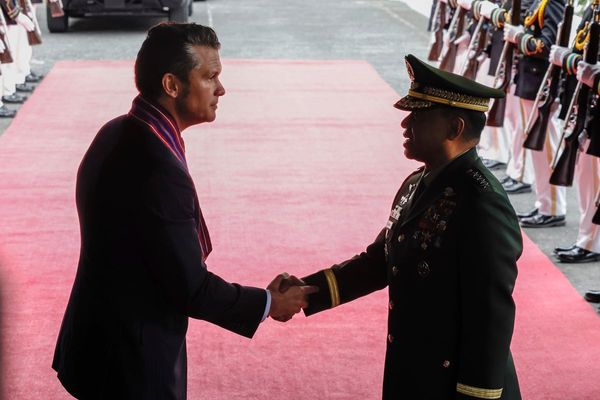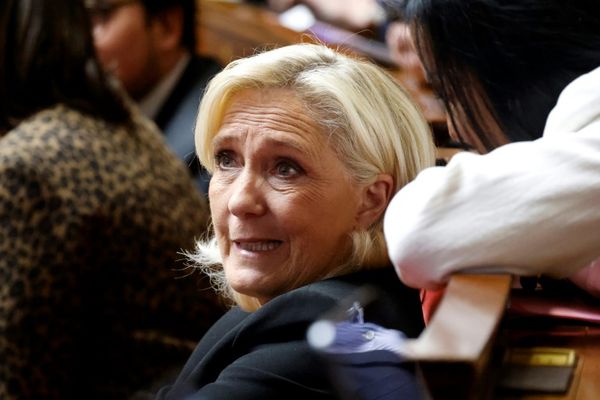
A former defence secretary who commissioned the Afghanistan Inquiry has said special forces must “live within the rule of law” after the probe heard claims they have a “golden pass… to get away with murder”.
Sir Ben Wallace, who was in post between July 2019 and August 2023, told BBC Radio 4’s Today programme it was “absolutely” essential the inquiry got definitive answers over whether murders took place in the war-torn nation between 2010 and 2013.
Documents released by the probe on Tuesday showed one special forces member had given evidence to say he was in danger of being branded a “traitor” after reporting that he had been told of one unit carrying out “flat-packing” murders of Afghan civilians.
We have to get to the bottom of this, it's very important
The witness, known to the inquiry only as N1799, said he feared for his personal wellbeing when he made the allegation against the unit, known as UKSF1, adding: “I still do now.”
Questioned on whether he recognised the words of one special forces member that they had a “golden pass… to get away with murder”, Sir Ben told the Today programme: “I recognise that the right place to get to the bottom of all this is a judge-led public inquiry which is why I commissioned it.”
Asked if he believed the inquiry would be able to give definitive answers over whether murders took place, and whether it was essential for the reputation of the British Army that questions were answered, Sir Ben said: “It absolutely is.
“We have to get to the bottom of this, it’s very important.
“Let’s not forget our special forces personnel go where no-one else can go, they do things in the highest environment of danger in order to protect this country and its citizens – they are exceptional people.
“But they must also live within the rule of law and make sure we set the right standards and show that we are better than our enemies.
“It’s therefore very important that we get to the bottom of it – a public inquiry is the right place to do that.”
Afghan families have accused UK special forces of conducting a “campaign of murder” against civilians, while senior officers and personnel at the Ministry of Defence “sought to prevent adequate investigation”.
No charges were brought under Operation Northmoor – which was set up in 2014 to examine allegations of executions by special forces, including those of children.
A further Royal Military Police investigation, codenamed Operation Cestro, saw three soldiers referred to the Service Prosecuting Authority, but none of them were prosecuted.
The inquiry continues.







